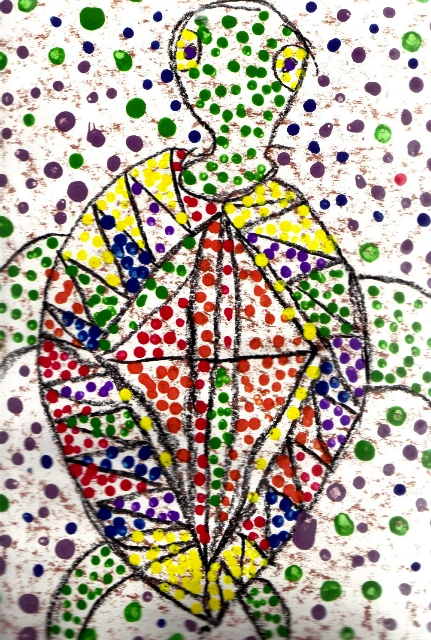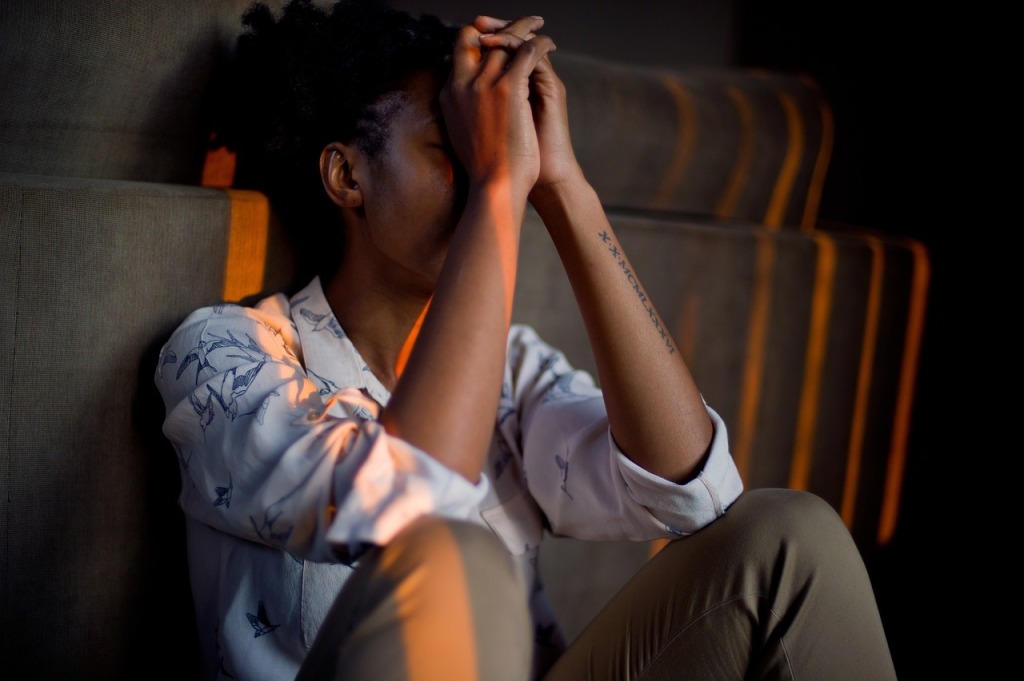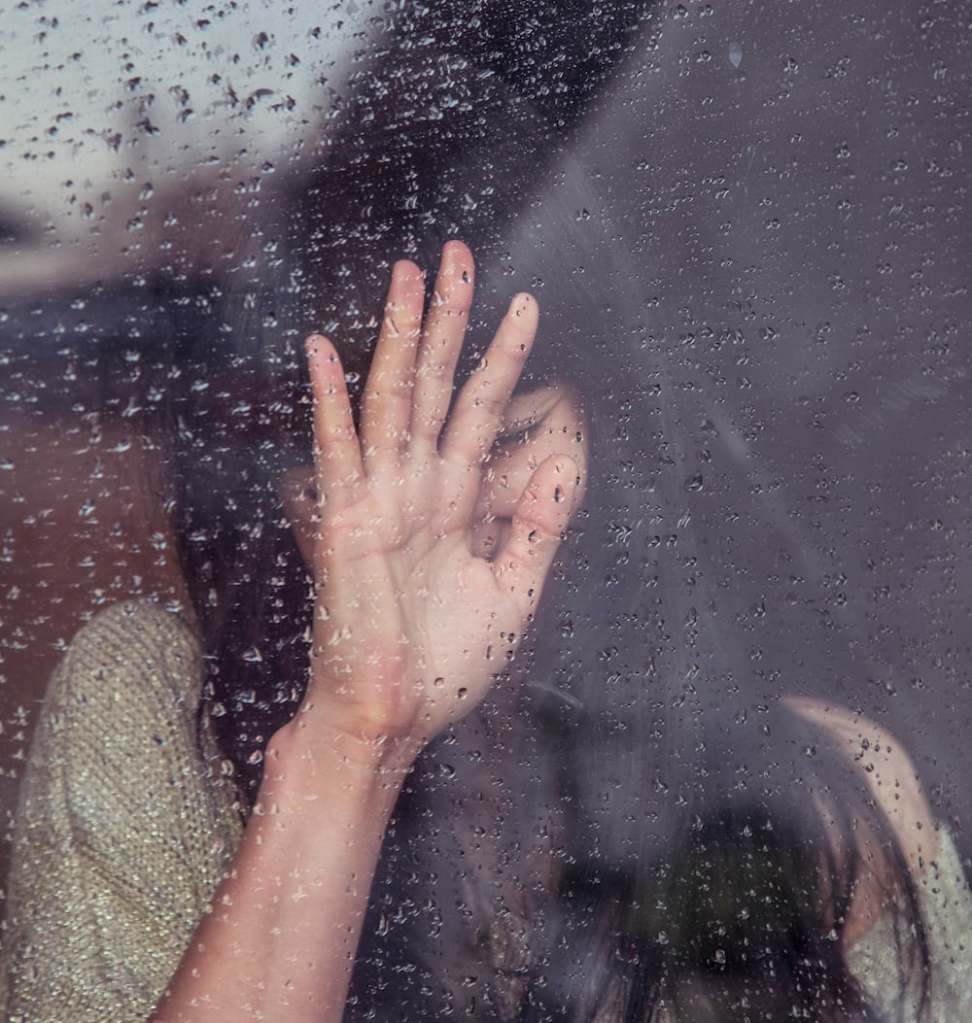Turtle Way is Write into the Light’s online literary art journal featuring poetry, prose, and art from people with mental illness and those who love them.

Turtle Way is Write into the Light’s online literary art journal featuring poetry, prose, and art from people with mental illness and those who love them.


When I am depressed the world turns gray. I feel lethargic, weighed down, and numb. I spend a lot of time laying in bed, awake sometimes, but mostly sleeping. I like the curtains drawn. I lose interest in all things that used to bring me joy such as being with family and friends, engaging in my hobbies, and taking care of myself by showering and eating. When I have no appetite I am definitely depressed.
For me, being depressed is a type of torture that is hard to explain. It’s having no joy or interest in life which creates a kind of boredom and hopelessness deep in my heart all the while being stuck in this extremely slow passage of time where a minute feels like a day and I just don’t know how I am going to get through so many of them.
What does it feel like when you’re in a depressive episode ?
Check it out! Art, poetry, photography…all in support of those with mental illness.
https://turtleway.wordpress.com

Turtle Way is Write into the Light’s online literary art journal featuring poetry, prose, and art from people with mental illness and those who love them.


Everyone has the potential to grieve losses in their life. Those with bipolar disorder don’t have a right to say they grieve more than others. However, they are at risk for extreme mood episodes as a result of a significant loss in their life, making their grief dangerous and potentially life threatening.
The loss doesn’t have to be a death. It can be a job, a relationship, or a tragedy without death like a severe illness or injury. It doesn’t have to involve someone who is personally known but can be related to a collective loss or tragedy of a famous person or someone in their community.
When a person with bipolar disorder experiences a loss, at a minimum, daily tasks may fall by the wayside. Worst case scenario the person becomes completely immobilized, ignores their most basic tasks such as hygiene and nutrition and starts having thoughts of harming him or herself.
What are some other ways you can or have coped with loss in your life?

988 is now available in the United States to contact if you are in a mental health, substance use, or suicide crisis! Please pass this information along.

Check out the great poets and artists and all the other fun mental health stuff at https://turtleway.wordpress.com

Everyone feels sad at some point in their life but not everyone gets depressed. Usually sadness is a result of some specific external event or reason going on in someone’s life from something as serious as the death of a loved one to something less serious like failing an important exam. This is not to say that some things that cause sadness such as these cannot lead into depression if it goes on for a long period of time.
If you feel like you are experiencing depression rather than sadness, contact your medical professional as soon as possible. There are many treatment options available for people with depression including medications and psychotherapy and counseling.

Comorbidities in people with mental illness means they have another disorder in addition to their mental illness. This is quite common. I, for example, have bipolar disorder and chronic migraine.
Comorbidities do not have to be a mental disorder paired with a physical disorder. They can also be two or more mental disorders or two or more physical disorders.
Having more than one disorder has its challenges. For example, a person with both multiple sclerosis and depression would be treated for both conditions, but it would be important to take into consideration the overlap between medications that would be prescribed by different doctors.
For this reason, people with comorbid disorders should take good notes of their symptoms, medications and their side effects, and anything they and their doctors discuss at each appointment so that unwanted interactions are avoided. It is also important to have excellent communication with all providers so that everyone knows what everyone else is doing.
If you have comorbidities, you must be a persistent advocate for yourself to get the proper treatment plan in place to treat all of your disorders so that you can reach and maintain optimal health, both physically and mentally. By following the aforementioned suggestions you can be on your way to better health no matter how many comorbidities you have.

Depression is a clinical disorder that is very treatable. It is more than feeling sad for a short period of time and can increase feelings of helplessness, hopelessness, and worthlessness for days, weeks or months at a time. Clinical depression also keeps you from living your life the way that you used to before you became depressed. There’s no cure for depression, but your symptoms may go away over time and you may become stable again with treatment and medical care.
Depression symptoms include:
You may also:
Not everyone experiences all of these symptoms and some people may experience other ones not listed.
You should take anyone who thinks or talks about hurting themselves very seriously. In the US call 800-SUICIDE (800-784-2433); 800-273-TALK (800-273-8255); for hearing impaired, call 800-799-4889. Or you can contact a mental health professional. If you intend to or have a plan to attempt suicide, go to the emergency room immediately.
Do you identify with any of the symptoms of depression? If so, please talk with your doctor or mental health professional about them right away.